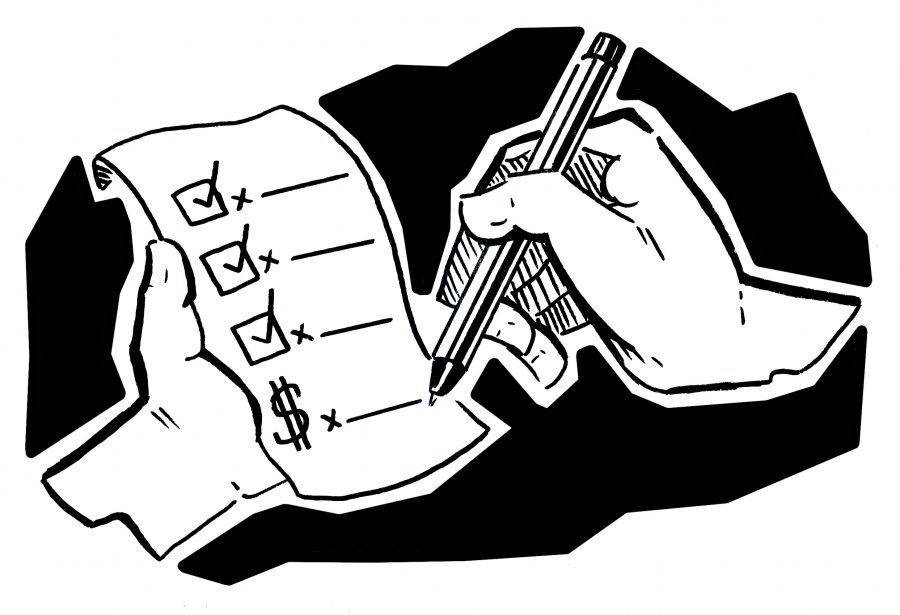There’s a lot one could buy with $4,000: a handful of expensive jewelry, ten trampolines or the average price tag of a college admissions consultant who can provide invaluable expertise in the application process. As things stand, at the majority of students at Ivy League schools there are more students from the top 1 percent of income backgrounds than from the entire bottom 60 percent. More must be done to combat the disparity in access to education between the rich and poor. Specifically, we need more transparency from wealthy students on their college applications.
It’s no coincidence that students from the poorest fifth of the country make up less than 4 percent of the student body population at highly selective universities. As acceptance rates at top universities plummet, carefully designed resources have become available — for those who can pay.
The range of services admission consultants provide is vast: Consultants can revise essays, provide interview coaching, find summer internships and package applications. Twenty-six percent of high-schoolers who scored in the top 70 percent on the SAT were found to have used private consultants in their college search. But not all students can pay, and brilliant minds from low-income backgrounds continue to be denied access to top-tier schools. Because admission consultants can greatly elevate an application, the use of their services should be denoted on an application.
Furthermore, the SAT and ACT have the potential to determine which schools a student can consider applying to. Although a few schools have made SAT scores optional, almost every college application guide lists performing well on standardized tests to improve one’s chances of college acceptance as a cornerstone of advice.
Accordingly, use of private exam preparation services is pervasive. On princetonreview.com, parents can spend $3,000 to enroll their child in the private tutoring program consisting of “18 hours of prep with an expert private tutor,” “3 family meetings” and “27 SAT practice tests.” In 2016, the exam preparation industry had a revenue of $327 million.
While the College Board recently partnered with Khan Academy to offer a free SAT preparation service, not every student has uninterrupted access to both Wi-Fi and a computer. Furthermore, personalized one-on-one tutoring is more valuable than advice from a screen. Data from 2016 revealed a 400-point difference of average SAT scores between students from families with annual incomes of $20,000 and $200,000, respectively.
The underlying cause is that schools and parents in rich neighborhoods are always going to have more resources than those in poor neighborhoods. This will not change overnight. In the meantime, steps must be taken to close this gap.
Colleges can be proactive by requesting additional information from their applicants. A distinction between two comparable applications should be made if one application is partially the product of $5,000. In an ideal world, it would be mandated that private services report a list of their clients to schools directly. This enforcement mechanism would prevent lying and underreporting.
Don’t get me wrong — money is great for purchasing jewelry and trampolines. But the overwhelming effect wealth has on access to quality education is immensely disheartening and can undermine hard work and dedication on the part of those who, by no fault of their own, are less fortunate.
Sims is an international relations and global studies sophomore from Houston.





















